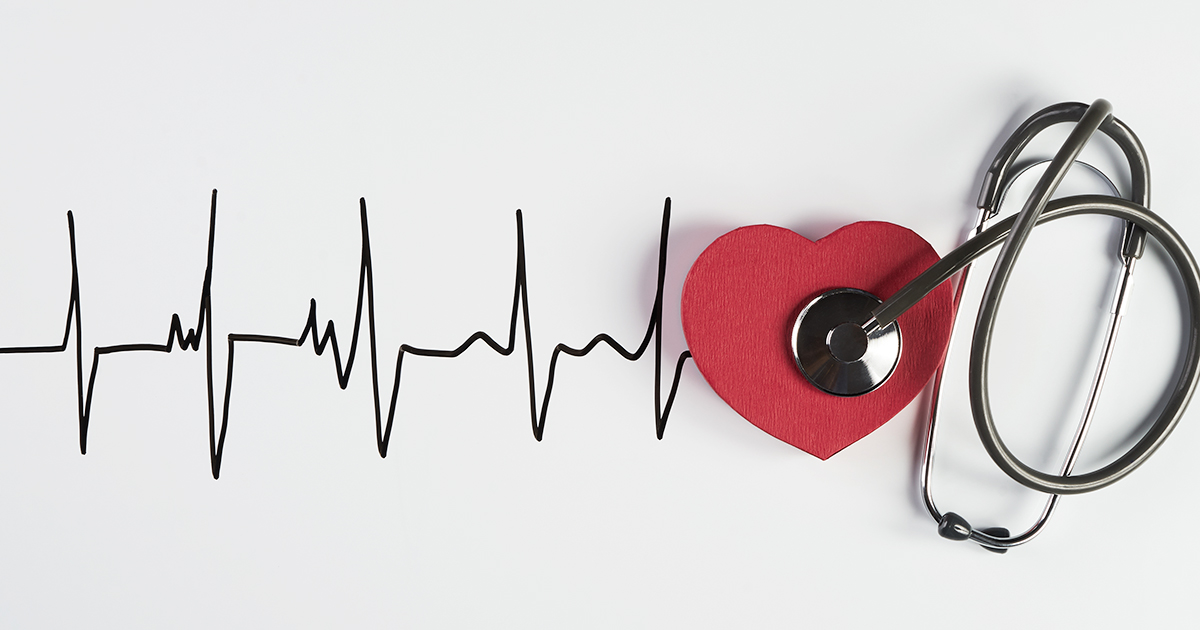Arrhythmia is treatable


Translated by AI
Understanding Arrhythmia
Arrhythmia refers to a condition where the heart beats too fast or too slow compared to normal. This can result from anomalies in the heart’s electrical impulse generation, electrical conduction, or both combined. It is found in various heart diseases with pathology such as abnormal heart valves, abnormal heart muscles, or obstructed coronary arteries, and without pathology like electrical circuit shortcuts, where patients may experience symptoms like heart palpitations, dizziness, chest pain, fatigue, fainting, or cardiac arrest, depending on the rate, duration, and pathological condition of the heart. Some individuals with arrhythmia might not show any symptoms, making them unaware of the importance and possible complications.
Diagnosing Arrhythmia
Currently, medical diagnostic clarity has improved, allowing for better identification of abnormalities and more accurately tailored treatments. To determine the type of arrhythmia, doctors often conduct an electrocardiogram, treadmill tests, monitor electrical activity through a phone, and stimulate the heart in a lab. The latter method is nowadays used to identify causes in patients suspected of having upper chamber heart abnormalities, lower chamber conduction disorders, and rapid arrhythmias. Treatments for arrhythmia vary, including medication, high-frequency electrical ablation equal to radio waves, implanting special devices like automatic defibrillators or pacemakers at the chest area, and surgery to correct electrical shortcuts.
Atrial Fibrillation (AF)
Atrial Fibrillation (AF) or atrial arrhythmia is the most common type of arrhythmia, caused by abnormal electrical conduction due to various factors such as heart disease, high blood pressure, thyroid disorders, diabetes, and arteriosclerosis, including those who have undergone heart surgery, those experiencing stress, fatigue, alcohol or caffeine consumption, heavy smokers, or those with sleep apnea due to obstruction. AF impairs the heart’s ability to pump blood efficiently, resulting in insufficient nutrient and oxygen supply to other body parts. Meanwhile, blood remaining in the upper chambers may clot, potentially breaking off into the bloodstream towards the brain. Though not necessarily fatal, it could lead to severe complications like other types of arrhythmias, chronic fatigue, stroke, and heart failure. Doctors typically use a special catheter powered by radiofrequency energy to ablate the origin of abnormal activity.
After treatment and returning to normal life, it’s crucial to take self-care seriously, including medication adherence, diet control, resting, exercising, and importantly, maintaining good mental health always.

